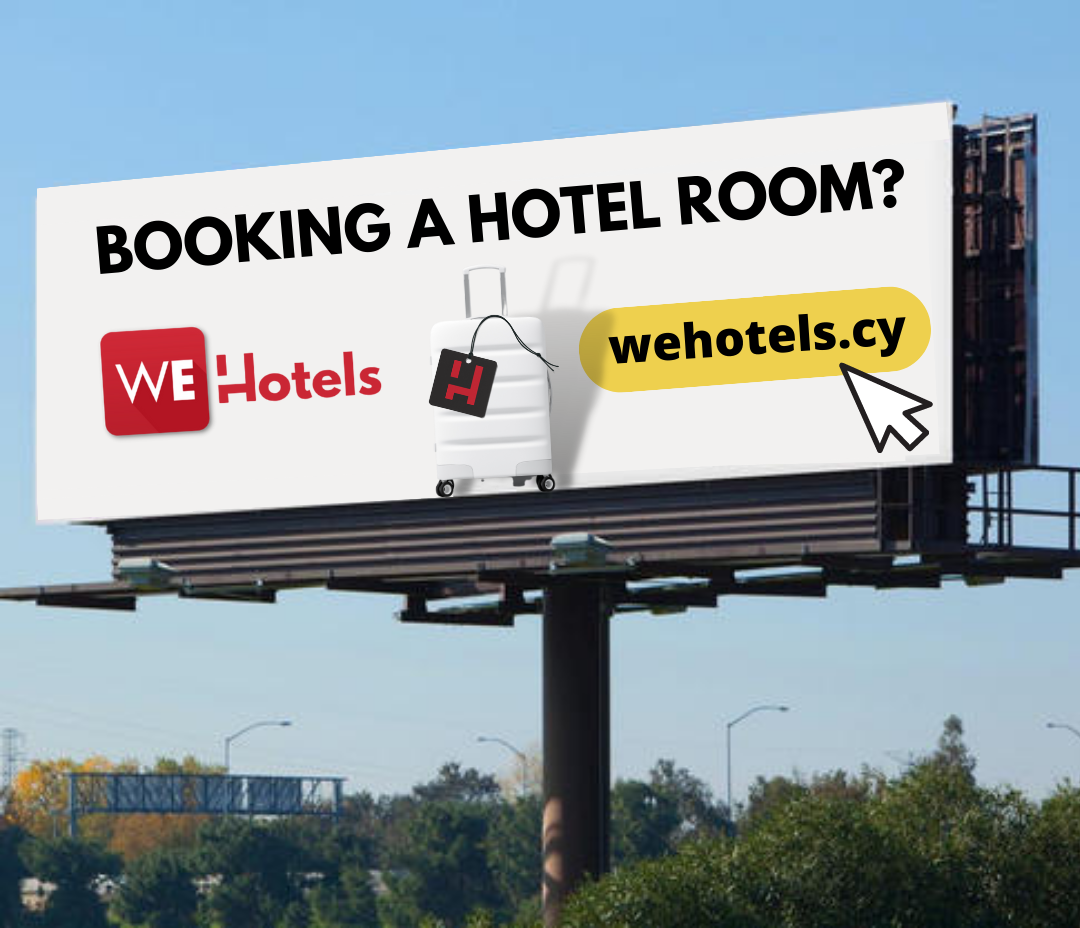Airbnb came at the hotel industry with a mallet when it went from a startup (in 2008) to a booming global business. The philosophy? Live like a local. Discover quirky joints. Have a unique stay. It was even cheaper (in many cases), too.
But like how Instagram used to be quiet and quirky and is now a mainstream 21st-century artery we’re all addicted to shooting up, could travellers now be waking up and stopping guzzling the marketing when it comes to Airbnb? The pandemic hit the entire travel industry hard.
But now that the news cycle has swung away from COVID and towards Russia’s invasion of Ukraine, and now that many people have now either been fully vaccinated against COVID (or had COVID and recovered from it), it might be time for travellers to rediscover an old flame: hotels.

Consumer confidence and real disposable income may be dropping but travel seems protected by a combination of pent-up demand, excess savings set aside for express purpose of travel, a skew to the more protected luxury consumer, and consumers saving money elsewhere. Travel has always ultimately been cyclical and ongoing pressures will have to at least lead to trading down, but for now travel feels like the most buoyant end of consumer spend.
The Airbnb business model has created a rental arbitrage boom, especially in cities popular with tourists such as London, Paris and Barcelona. In YouTube videos and at expensively-priced private events, Airbnb entrepreneurs extol the virtues of this get-rich-quick scheme. The only problem? With no guests, there’s nobody to pay the rent. And that leaves Airbnb entrepreneurs open to huge financial liabilities. There’s a possibility that this business model – of master leasing properties, furnishing them and relisting them on Airbnb – is not going to be attractive for people now they understand how volatile this environment can be and want to spend their savings on an experience that is safer- enter hotels.


